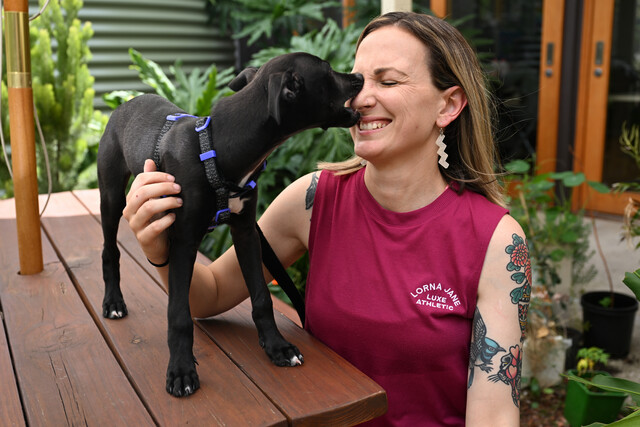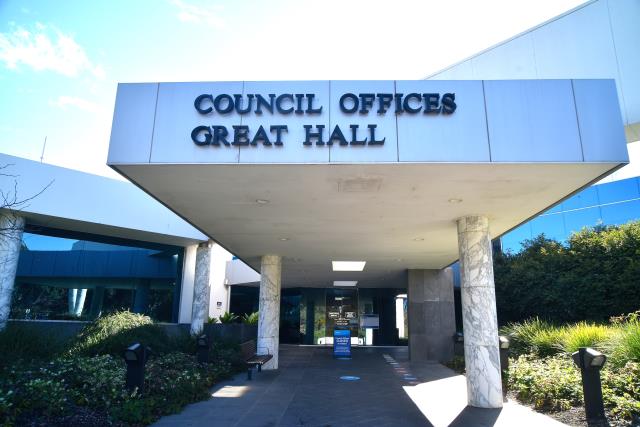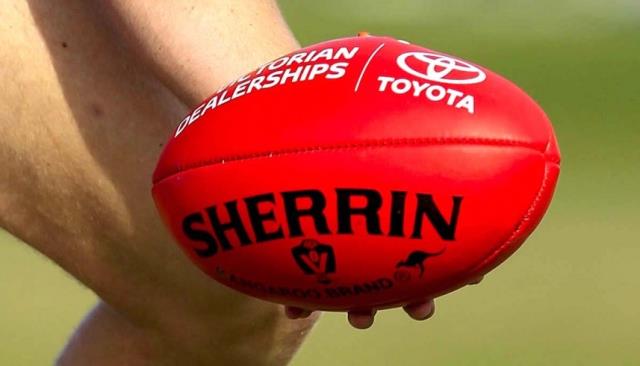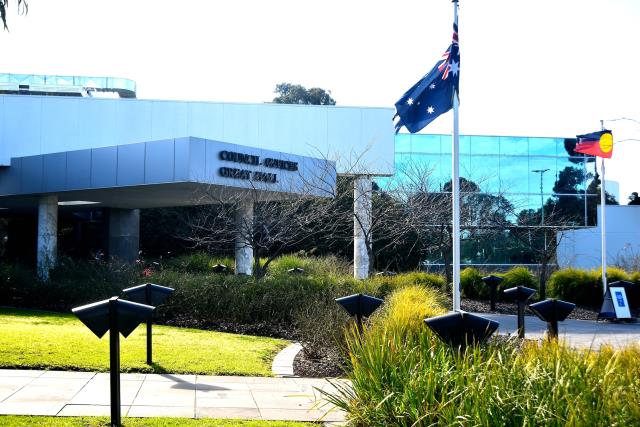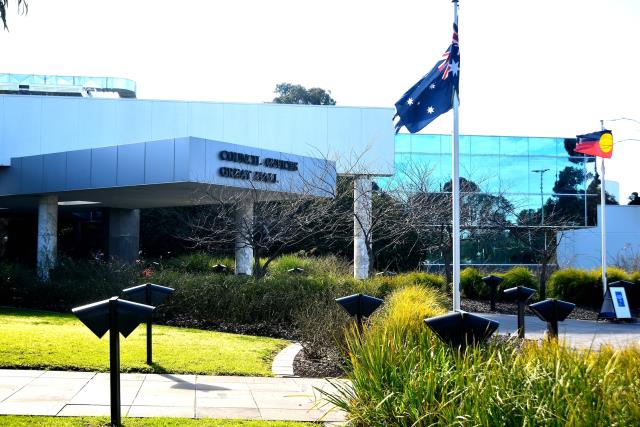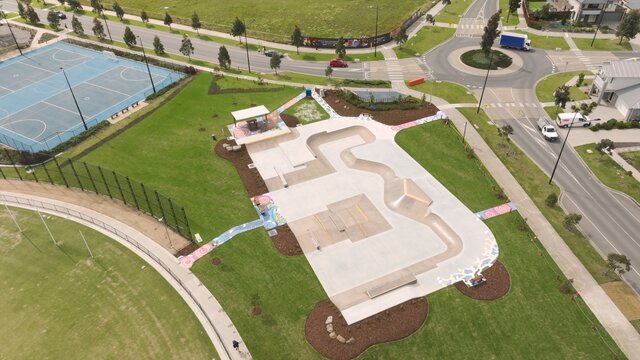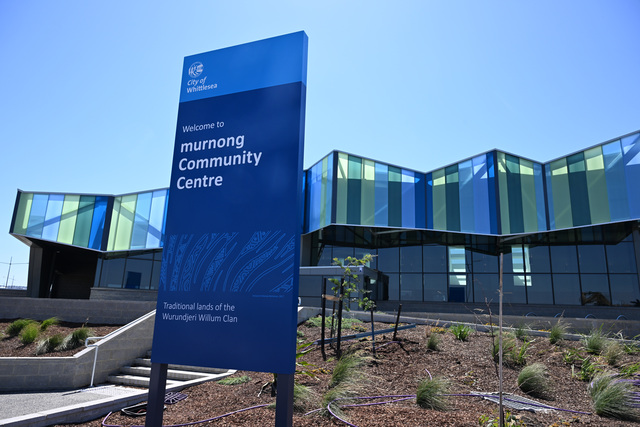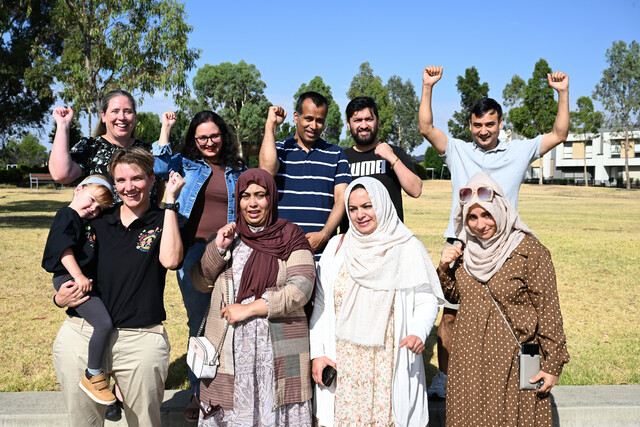Necessity is the mother of invention – but inventing something and getting it “market ready” are the start and end points of a long journey, as Reservoir-based auto industry spokesman Jim Griffin knows well.
“Diversification” is the buzz word for Victoria’s beleaguered manufacturers and Mr Griffin has spent the best part of the past decade trying to achieve it.
He has reduced his company’s dependency on the auto industry from 100 per cent to 70 per cent – but that took longer than the three or four years he has left to fix the rest.
His company’s new products include a fire-safe bunker (above ground, patent pending), an energy-smart water heater and Triton work benches – his company’s first foray into new products, which are now being exported to Britain, South Africa and South Korea.
“We only have a few years to reinvent and salvage ourselves,”
Mr Griffin, chief executive of Diver Consolidated Industries, said.
As national president of the Federation of Automotive Products Manufacturers, Mr Griffin is driven to keep the doors of industry open and people employed. He sits on Premier Denis Napthine’s industry round-table and is in close contact with federal Industry Minister Ian Macfarlane.
“This is an extinction level event for the sector – within the same year [2016], three
car makers will stop production,” Mr Griffin said.“Tier one suppliers will stop making parts and tier two suppliers will start looking elsewhere.”
Mr Griffin reckons there are at least five tiers to the industry and predicts there will be about 44,000 job losses and billions of dollars in costs to actually shut down assembly lines, pay redundancy settlements and finalise factory leases.
He is urging Australians to stay true to their local brands until the end.
“We need Australians to buy the brands and give the components sector the time and money to either diversify or shut down in an orderly fashion,” he said.
Mr Griffin criticised the funding pools given to Melbourne’s north and the Geelong region in the wake of Ford’s closure decision, saying the rollout of new projects was “too slow” [there have been no announcements since the funds were set up by the former Gillard government before last September’s election].
Mr Griffin called for “a very careful profiling” of the auto industry to sort the potential stayers from those who will leave, and to tailor assistance packages.


